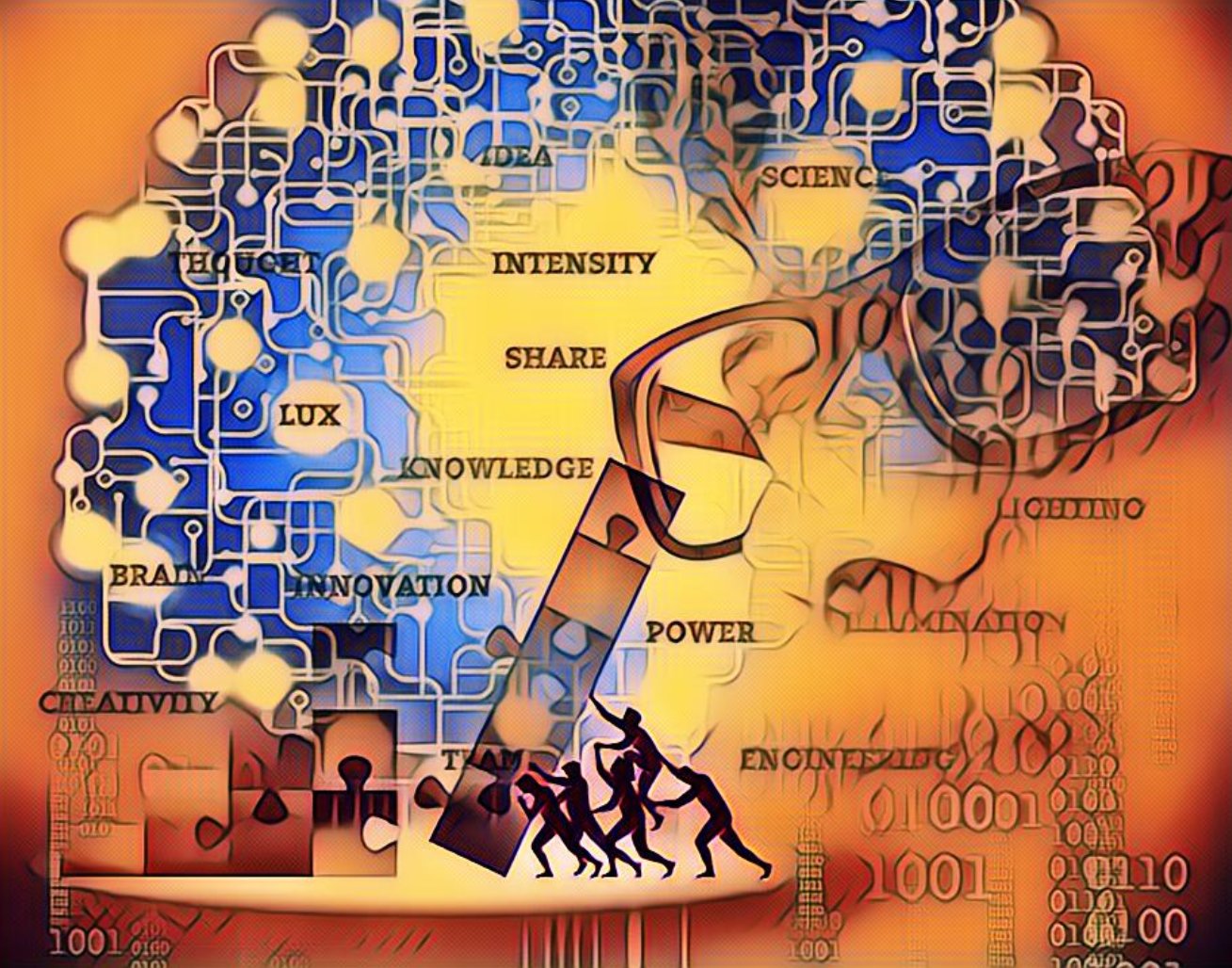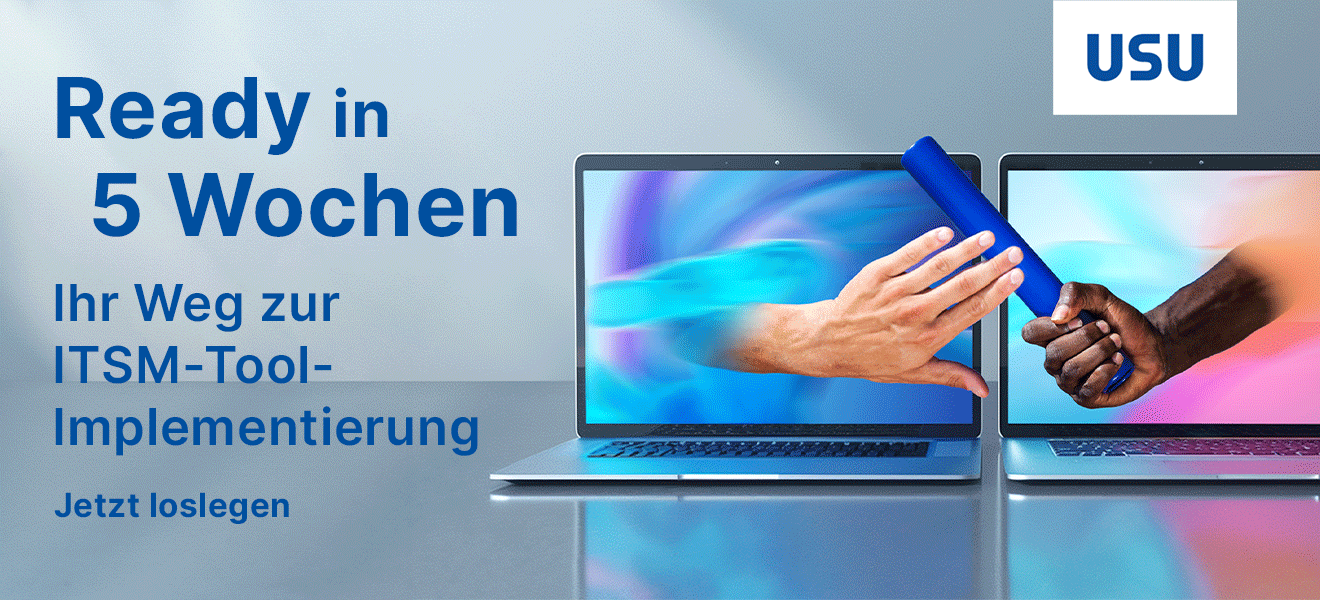
Illustration: Absmeier Panwar
Durch künstliche Intelligenz werden bis zum Jahr 2020 2,3 Millionen neue Jobs entstehen, während nur 1,8 Millionen wegfallen werden.
Laut Gartner wird 2020 ein entscheidendes Jahr hinsichtlich der Beschäftigungsdynamik im Bereich künstliche Intelligenz, da sie sich bis dahin positiv auf den Arbeitsmarkt auswirken wird. Die Arbeitsplätze, die von künstlicher Intelligenz direkt beeinflusst werden, variieren dabei von Branche zu Branche: Bis zum Jahr 2019 werden die Gesundheitsbranche, der öffentliche Sektor und der Bildungssektor die Nachfrage nach Arbeitskräften kontinuierlich steigern, während die Produktions- und Fertigungsindustrie am Stärksten negativ betroffen sein wird. Ab 2020 erreicht die Schaffung von Arbeitsplätzen im Bereich künstlicher Intelligenz dann ein positives Niveau: Bis zum Jahr 2025 werden dadurch 2 Millionen neue Arbeitsplätze geschaffen werden.
»Viele bedeutende Innovationen in der Vergangenheit waren mit einer Übergangsphase von vorübergehenden Arbeitsplatzverlusten verbunden. Darauf folgte eine Zeit der Erholung und dann die Transformation der Geschäftsprozesse. Auch künstliche Intelligenz wird dieser Entwicklung folgen,« betont Svetlana Sicular Research Vice President bei Gartner. »Künstliche Intelligenz wird die Produktivität vieler Arbeitsplätze verbessern. Auf der einen Seite werden Millionen von mittleren und niedrigeren Positionen wegfallen, aber auf der anderen Seite werden auch Millionen neuer Positionen geschaffen. Diese reichen von hochqualifizierten Mitarbeitern im Managementbereich bis hin zu geringer qualifizierten Mitarbeitern und sogar Einsteigern,« so Svetlana Sicular weiter.
Gartner Says By 2020, Artificial Intelligence Will Create More Jobs Than It Eliminates
AI Will Create 2.3 Million Jobs in 2020, While Eliminating Only 1.8 Million
STAMFORD, Conn., December 13, 2017 — 2020 will be a pivotal year in AI-related employment dynamics, according to Gartner, Inc., as artificial intelligence (AI) will become a positive job motivator.
The number of jobs affected by AI will vary by industry; through 2019, healthcare, the public sector and education will see continuously growing job demand while manufacturing will be hit the hardest. Starting in 2020, AI-related job creation will cross into positive territory, reaching two million net-new jobs in 2025.
»Many significant innovations in the past have been associated with a transition period of temporary job loss, followed by recovery, then business transformation and AI will likely follow this route,« said Svetlana Sicular, research vice president at Gartner. AI will improve the productivity of many jobs, eliminating millions of middle- and low-level positions, but also creating millions more new positions of highly skilled, management and even the entry-level and low-skilled variety.
»Unfortunately, most calamitous warnings of job losses confuse AI with automation — that overshadows the greatest AI benefit — AI augmentation — a combination of human and artificial intelligence, where both complement each other.«
IT leaders should not only focus on the projected net increase of jobs. With each investment in AI-enabled technologies, they must take into consideration what jobs will be lost, what jobs will be created, and how it will transform how workers collaborate with others, make decisions and get work done.
»Now is the time to really impact your long-term AI direction,« said Ms. Sicular. »For the greatest value, focus on augmenting people with AI. Enrich people’s jobs, reimagine old tasks and create new industries. Transform your culture to make it rapidly adaptable to AI-related opportunities or threats.«
Gartner identified additional predictions related to AI’s impact on the workplace:
By 2022, one in five workers engaged in mostly nonroutine tasks will rely on AI to do a job.
AI has already been applied to highly repeatable tasks where large quantities of observations and decisions can be analyzed for patterns. However, applying AI to less-routine work that is more varied due to lower repeatability will soon start yielding superior benefits. AI applied to nonroutine work is more likely to assist humans than replace them as combinations of humans and machines will perform more effectively than either human experts or AI-driven machines working alone will.
»Using AI to auto-generate a weekly status report or pick the top five E-Mails in your inbox doesn’t have the same wow factor as, say, curing a disease would, which is why these near-term, practical uses go unnoticed,« said Craig Roth, research vice president at Gartner. »Companies are just beginning to seize the opportunity to improve nonroutine work through AI by applying it to general-purpose tools. Once knowledge workers incorporate AI into their work processes as a virtual secretary or intern, robo-employees will become a competitive necessity.«
Through 2022, multichannel retailer efforts to replace sales associates through AI will prove unsuccessful, although cashier and operational jobs will be disrupted.
Leveraging technologies such as AI and robotics, retailers will use intelligent process automation to identify, optimize and automate labor-intensive and repetitive activities that are currently performed by humans, reducing labor costs through efficiency from headquarters to distribution centers and stores. Many retailers are already expanding technology use to improve the in-store check-out process.
However, research suggests that many consumers still prefer to interact with a knowledgeable sales associate when visiting a store, particularly in specialized areas such as home improvement, drugstores and cosmetics, where informed associates can make a significant impact on customer satisfaction. As a result, though they will reduce labor used for check-out and other operational activities, retailers will find it difficult to eliminate traditional sales advisers.
»Retailers will be able to make labor savings by eliminating highly repetitive and transactional jobs, but will need to reinvest some of those savings into training associates who can enhance the customer experience,« said Robert Hetu, research director at Gartner »As such most retailers will come to view AI as a way to augment customer experiences rather than just removing humans from every process.«
In 2021, AI augmentation will generate $2.9 trillion in business value and recover 6.2 billion hours of worker productivity.
While many industries will receive growing business value from AI, manufacturing is one that will receive a massive share of the business value opportunity. Automation will lead to cost savings, while the removal of friction in value chains will increase revenue further, for example, in the optimization of supply chains and go-to-market activities.
However, some industries, such as outsourcing, are seeing a fundamental change in their business models, whereby the cost reduction from AI and the resulting productivity improvement must be reinvested to allow reinvention and the perusal of new business model opportunities.
»AI can take on repetitive and mundane tasks, freeing up humans for other activities, but the symbiosis of humans with AI will be more nuanced and will require reinvestment and reinvention instead of simply automating existing practices,« said Mike Rollings, research vice president at Gartner. »Rather than have a machine replicating the steps that a human performs to reach a particular judgment, the entire decision process can be refactored to use the relative strengths and weaknesses of both machine and human to maximize value generation and redistribute decision making to increase agility.«
Gartner clients can learn more in the report: »Predicts 2018: AI and the Future of Work.«
Hier folgt eine Auswahl an Fachbeiträgen, Studien, Stories und Statistiken die zu diesem Thema passen. Geben Sie in der »Artikelsuche…« rechts oben Ihre Suchbegriffe ein und lassen sich überraschen, welche weiteren Treffer Sie auf unserer Webseite finden.
Künstliche Intelligenz wird zum Game Changer im Personal Devices-Markt
Weniger Stau und Kriminalität: Künstliche Intelligenz als Chance
Künstliche Intelligenz beschleunigt Enttarnung von Cyberangriffen
Künstliche Intelligenz – die Antwort auf all unsere Probleme?
